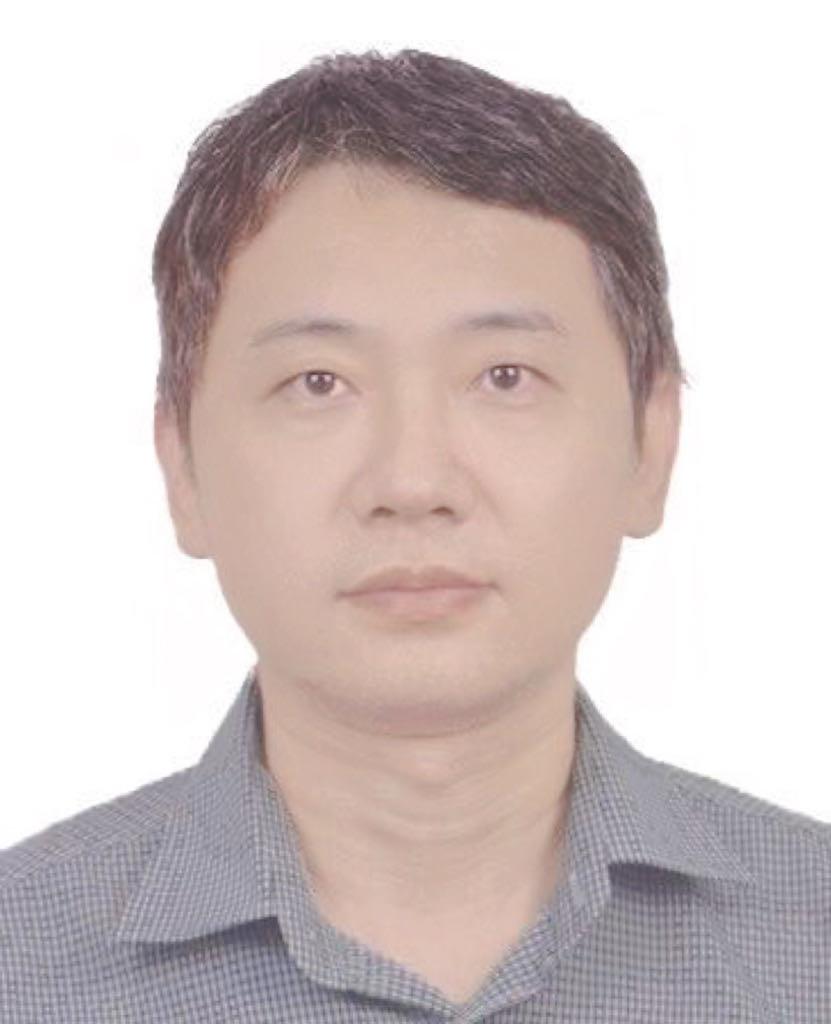This year's winner is Zhou Zhou from the University of Toronto.
Zhou Zhou was born and raised in Hunan province, China. He studied mathematics at the prestigious Peking University, obtaining his BSc in 2003. He then enrolled in statistics at the University of Chicago, obtaining his PhD in 2009 under the supervision of Wei-Biao Wu. From there, he moved to the Department of Statistical Sciences at the University of Toronto, where he quickly moved from Assistant Professor to Associate Professor in 2015 and then to Full Professor in 2021.
Zhou is a prolific, original, independent researcher in time series analysis and nonparametric statistics. He has a very impressive research record, with 31 research papers published or accepted in high-level journals, including such top journals as Annals of Statistics (6 times), JRSSB (5 times), and JASA (twice). He was awarded the NSERC Discovery Accelerator Supplement in 2021 in recognition of his exceptional research contributions and highly promising future.
Zhou has made multiple fundamental contributions to non-stationary time series analysis, an increasingly important area when studying long series with complicated structures. Zhou and Wu (Ann Stat 2009) proposed a framework for locally stationary (LS) time series analysis from a nonlinear physical systems viewpoint, where local stationarity refers to a special type of non-stationarity with smoothly varying data generating mechanisms. And Zhou (JASA 2013) proposed a class of piecewise locally stationary (PLS) time series models which generalized this framework by allowing for jumps or abrupt changes in the data generating mechanism. Both works have become important tools for researchers in the field, and show great generality, mathematical depth, and practical relevance. Zhou and his trainees and collaborators have made significant subsequent progress towards developing theory and methodology for non-stationary time series analysis under the LS and PLS frameworks. A series of papers by Zhou and Wu have established a systematic statistical theory for the nonparametric inference of conditional quantiles of non-stationary processes. Also, Ding and Zhou (Ann Stat 2020), and Cui, Levine, and Zhou (EJS 2021) established fundamental results about the statistical inference of covariance structures of locally stationary time series.
Zhou is also a world-class expert in change point detection, a field of statistics which soared in popularity over the past two decades due to its influential applications. Classic change point detection theory and algorithms typically assumed the noise disturbances were i.i.d. or stationary. In a pioneering JASA 2013 paper, Zhou demonstrated the loss of accuracy for a wide class of classic change point detection algorithms under non-stationary noises, and proposed a simple and elegant bootstrap algorithm for change point testing that is robust to a wide class of non-stationary noises. This robust change point detection framework was subsequently generalized to the constrained regression setting in Zhou (JRSSB 2015) and to the M-regression setting in Wu and Zhou (Ann Stat 2018). Zhou is also a pioneer in simultaneous nonparametric inference for temporally dependent data. And recently, he has made breakthroughs in the area of simultaneous nonparametric sieve inference of dependent data.
Zhou is not only a prolific researcher, but also a prolific mentor and supervisor. He has graduated seven PhD students, and is now supervising four more. He provides editorial services for journals such as Bernoulli and Statistics and Probability Letters. He has also organised several invited sessions at conferences. His community involvement, extensive high-quality research, and many PhD students amply demonstrate his leadership role in the field.
When not working, Zhou relaxes with his supportive wife Wendy Liu and their young children (ages 5 and 2), watches science fiction movies, and follows the ups and downs of the major European soccer leagues.
CITATION
"The 2023 CRM-SCC Prize is awarded to Professor Zhou Zhou, Department of Statistical Sciences, University of Toronto, for his fundamental contributions to time series analysis and nonparametric statistics, including non-stationary time series, nonlinear time series, time-frequency analysis, Gaussian approximations, resampling methods and sieve inference for complex dependent data, and robust change point detection for non-stationary data."
The CRM-SSC Prize in Statistics recognizes a statistical scientist's excellence and accomplishments in research during the first fifteen years after earning his/her doctorate (or equivalent degree). It is awarded annually by the Centre de recherches mathématiques and the SSC.
